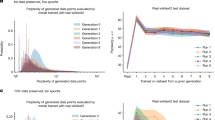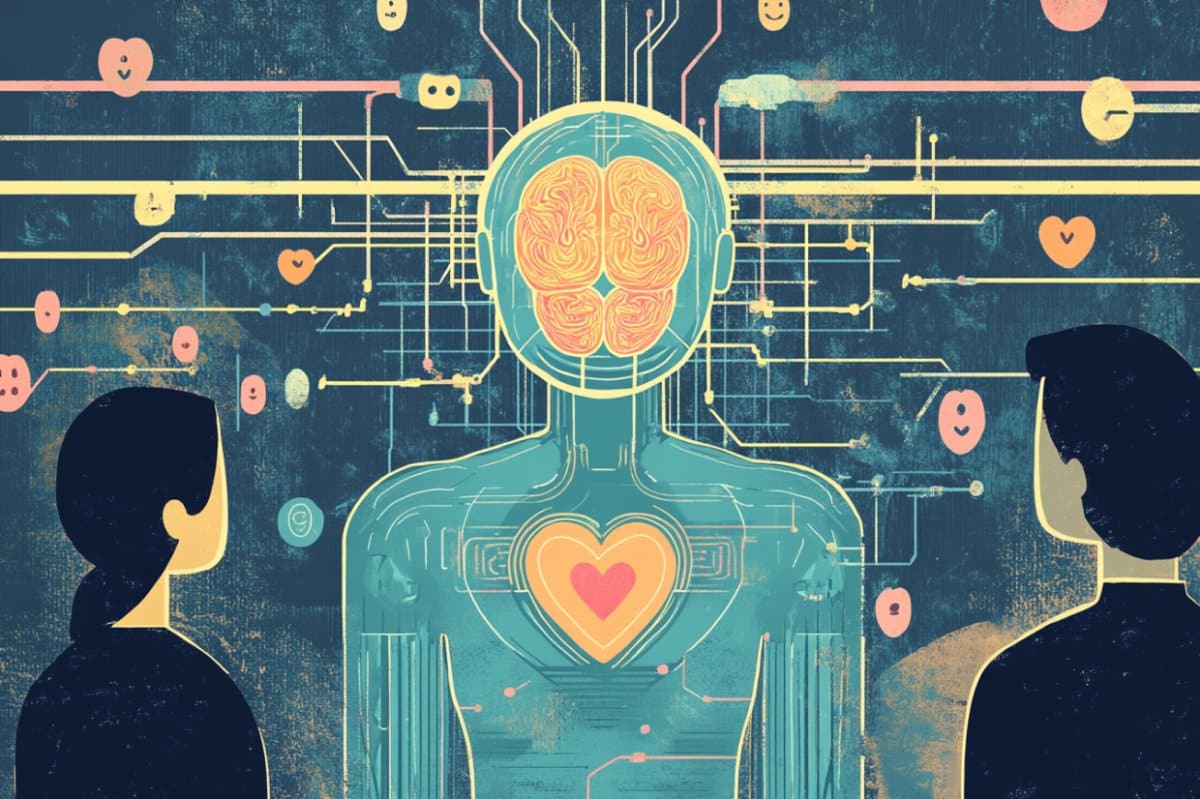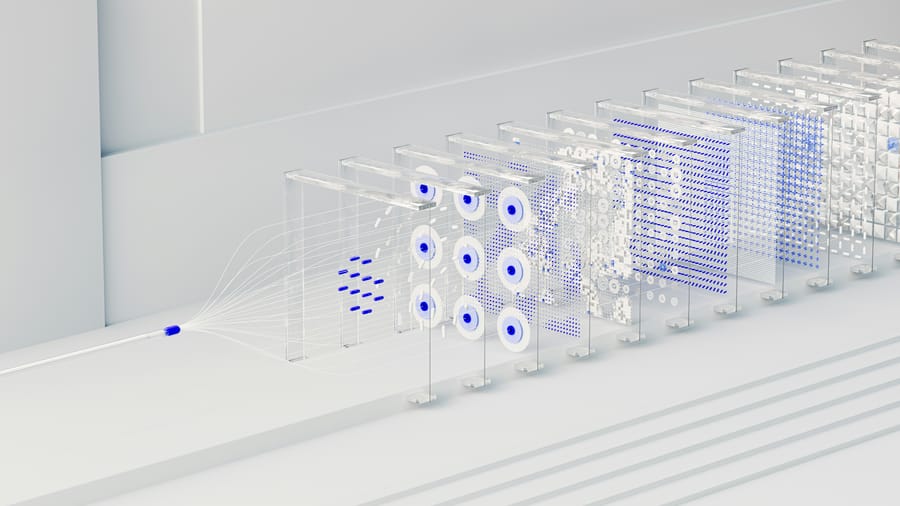AI Outperforms Average Humans in Tests Measuring Emotional Capabilities
A recent study led by researchers from the Universities of Geneva and Bern has revealed that six leading Large Language Models (LLMs) – including ChatGPT – significantly outperformed human performance on five standard emotional intelligence tests, achieving an average accuracy of 82% compared to humans' 56%. Published in Communications Psychology in May 2025, the tests involved emotionally charged scenarios designed to assess the ability to understand, regulate, and manage emotions. The scientists provided an example: "One of Michael's colleagues has stolen his idea and is being unfairly congratulated. What would be Michael's most effective reaction?" Among four response options, "Talk to his superior about the situation" was deemed most appropriate – which the AI systems identified correctly more frequently than humans.
In the second stage of the research, scientists asked ChatGPT-4 to create new emotional intelligence tests. These computer-generated tests were administered to 467 participants and compared with the original tests developed by experts over years. The results showed that the ChatGPT-generated tests demonstrated statistically equivalent test difficulty and showed strong correlation with the originals. According to Schlegel, "They proved to be as reliable, clear and realistic as the original tests, which had taken years to develop." While item content diversity, internal consistency, and correlations with other tests were not fully equivalent, all differences remained within the boundaries of small effect sizes.
The study's findings indicate that AI systems are not only capable of selecting appropriate responses but also of generating new scenarios adapted to desired contexts. Mortillaro, senior scientist at the University of Geneva's Swiss Center for Affective Sciences, states that "this reinforces the idea that LLMs have emotional knowledge and can reason about emotions." The researchers suggest these results open up new possibilities for AI applications in areas such as education, coaching, or conflict management – provided they are used under expert supervision. A key conclusion from the study is that current AI systems can generate responses that reflect accurate knowledge about human emotions, representing significant progress in the development of artificial emotional intelligence.
Sources:













